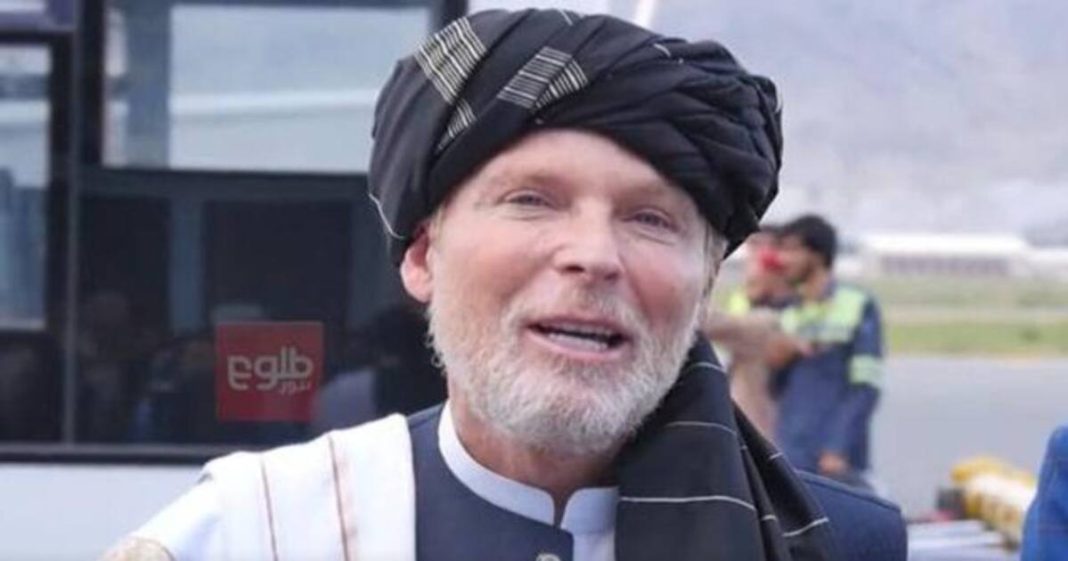Australian academic Jibra’il Omar, formerly known as Timothy Weeks, passed away in Afghanistan after a prolonged battle with cancer, according to an announcement by the Taliban authorities on Wednesday. Omar’s story, marked by abduction, faith, and a surprising return to Afghanistan, has drawn international attention.
The Afghan interior ministry released a statement confirming his death, stating, “He had been suffering from cancer for a long time.” Omar died in Kabul, where he had returned in 2022, following his release from Taliban captivity in 2019.
Hostage to Freedom
Omar was abducted alongside his American colleague in 2016 while leaving the American University in Kabul, where they both worked. The pair were held hostage for over three years by the Taliban-affiliated Haqqani Network. Their release in 2019 was part of a prisoner exchange that involved three high-ranking Haqqani Network members being handed over to the Taliban in return for the two academics. During his captivity, Omar converted to Islam, a transformation that would later influence his decision to return to Afghanistan under the Taliban’s rule.
Read More: Imran Khan rejects blame for Taliban negotiations
Return to Kabul
In the summer of 2022, a year after the Taliban regained power, Omar chose to return to Kabul, a move he described as a “celebration” of their victory. His return raised eyebrows internationally but underscored his deep connection to Afghanistan and the faith he had embraced.
The Taliban interior ministry reflected on Omar’s life post-return, stating, “Jibra’il Omar worked as an English teacher in Kabul. He was very fond of Afghanistan and the Islamic Emirate, and based on that he considered it best to live in Kabul.” Omar traveled across Afghanistan, immersing himself in Islamic studies and Afghan culture, often seen in traditional attire and engaging with locals.
Tributes from a Shared Past
Anas Haqqani, a senior Taliban official and one of the three prisoners released in the same 2019 exchange, paid tribute to Omar in an emotional post on social media. Sharing a photograph of the two together, Haqqani wrote, “He stayed with us, dressed in Afghan attire, and walked the streets of this land, for the bond of faith and belief holds deeper meaning than any other connection.”
Read More: UN condemns Taliban’s new ban on women working for NGOs
Haqqani described their intertwined destinies, adding, “Though Timothy Weeks and I came into this world in different times and distant places, fate brought us together at a crossroads where my death became his, my life intertwined with his, and his freedom became mine.”














